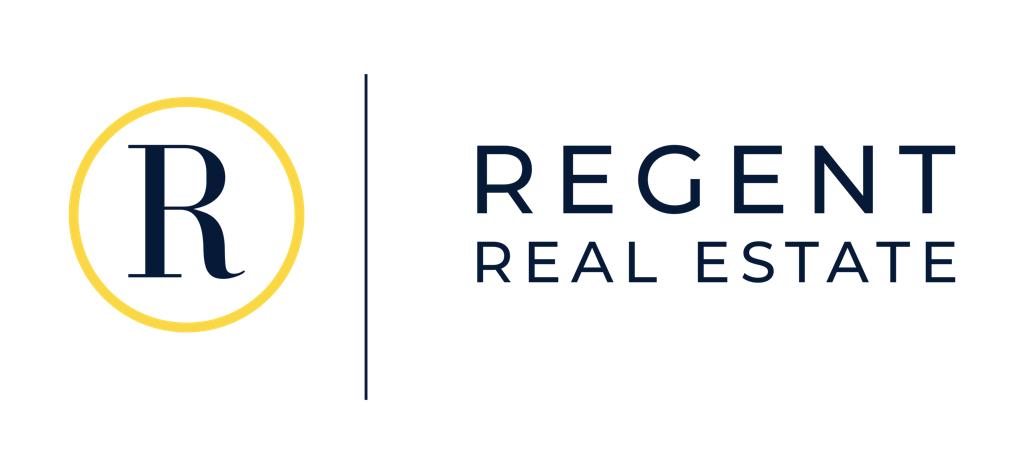Remittances to Nigeria from the diaspora have grown 14x in 20 years, now accounting for about 5% of the Nigerian GDP at $20.97bn. Diasporans remitted over $25.1 billion in 2018, close to 1.5x higher than Nigeria’s 2018 gross oil revenue of $18.2 billion. Data from the National Bureau of Statistics (NBS) also revealed that the 2018 Nigerian diaspora remittances of $7.2 billion from the USA outstripped the FG’s 2019 capital expenditure budget of $6.7 billion. Nigeria’s diaspora market is large and is proven to be interested in Real Estate investment opportunities.
The diasporan market has aspirational needs beyond just money transfer to family in Nigeria as they are largely interested in comfortably retiring in Nigeria and owning property either for investment or live-in purposes. It is estimated that nearly 30% of remittance value is channeled towards land acquisition or property development. Data from the United Nations Conference on Trade and Development (UNCTAD) also asserts that remittances from Nigerians in the diaspora were significantly devoted to the purchase of land.
Commitment to property acquisition from the diaspora is driven by a number of factors including:
-
The rapid urbanization growth particularly in key cities – Nigeria’s urban population accounts for 50% of its total population and is growing annually at 4.17%.
-
Aging diaspora population approaching retirement – The average age of Nigerian migrants in the United States is 47.
-
Lower cost of property acquisition compared to cities abroad -A luxurious family home (5 bedroom duplex) within a gated community along the Lekki corridor for example, could be priced between $200,000 – $530,000, depending on how far along the corridor you go. Unlike in other major cities such as London, where a similar home would easily be priced at over £1 million. Luxurious being relative…
-
Emotional desire to project success in their home country.
Nigeria’s weakened currency is driving property investments from the diaspora…
The fall in crude oil prices, surging inflation coupled with the resulting depleted foreign reserves have contributed to the fall in the value of the naira. Nigerians who largely depend on the naira bore the brunt of this fall in value, however, the situation provided a swell time for dollar-holders. When the naira loses its value, you require less amount of dollars to complete purchases.
Have a look at how the parallel market rate has changed by 38% over the course of one year:

A home worth N100 million was equivalent to about $278,000 in November 2019; however, in December 2020, owing to the fall in the naira, the home is worth about $202,000 ceteris paribus.
Flexible payment terms and financing options where developers offer prospective buyers the opportunity to pay a deposit sometimes as low as 10% and spread the balance payment over an agreed period of time have been a core theme in recent years. Mortgages have also been welcoming as rates which hovered between 24 – 26% in 2018 are currently between 16 – 18% subject to assessment by the mortgage bank.
A number of Nigerians in the diaspora have mentioned the difficulty in finding a trusted agent to oversee property acquisition affairs and how they have been taken advantage of due to the lack of on the ground presence. At Regent Real Estate, we help you in navigating the complex terrain of real estate investment and provide you with direct access to leading developers in the industry. Not to worry if you’re not within the country, we organize virtual tours with potential clients to give a better idea of the property.
If you require assistance in finding the best property on the market, please reach out to us by booking a consultation with a member of the team by clicking here or send an email to regent@regentre.co. You can also have a look at some of our property listings by clicking here.


